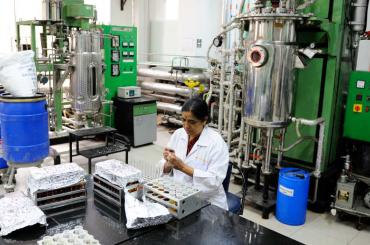

William Maloney
Chief Economist for the Latin America and Caribbean region, World Bank Group
William F. Maloney is Chief Economist for the Latin America and Caribbean (LAC) region. Previously he was Lead Economist in the Development Economics Research Group, Chief Economist for Trade and Competitiveness, and Chief Economist for Equitable Growth, Finance and Institutions (EFI). From 2011 to 2014 he was Visiting Professor at the University of the Andes and worked closely with the Colombian government on innovation and firm upgrading issues. Prior to the Bank, he was Asst. Professor of Economics at the University of Illinois, Urbana-Champaign (1990-1997).
He received his PhD in Economics from the University of California Berkeley (1990), his BA from Harvard University (1981), and studied at the University of the Andes in Bogota, Colombia (1982-83). His research activities and publications have focused on issues related to international trade and finance, developing country labor markets, and innovation and growth. As part of the World Bank Productivity Project which he manages, he recently published The Innovation Paradox: Developing Country Capabilities the Unrealized Potential of Technological Catch-Up; Productivity Revisited: Shifting Paradigms in Analysis and Policy; and Harvesting Prosperity: Technology and Productivity Growth in Agriculture.
Recent work by William Maloney
-

Improving management practices through individual and group consulting: Evidence from Colombia
By leveraging peer-learning effects, group-based consulting can be cheaper and more effective than individual interventions in improving SME performance
Published 15.03.21
-

Engineering growth: Innovative capacity and development
The generation and diffusion of scientific knowledge and technology are assumed to be drivers of modern economic growth, but there is a lack of firm empirical evidence of this. This column uses the first detailed data on the density of engineers in t...
Published 24.03.17